COVID-19 has been increasing mental health problems amongst students across the United States since March, and both students and staff at Texas Woman’s University are trying to cope.
A survey by the Student Experience in the Research University found an increased rate of anxiety and depression amongst college students since the beginning of the pandemic. 66 percent of students reported that COVID-19 had caused them more financial stress, according to a survey by the American College Health Association, and depression amongst students increased to 40.9 percent between March and May, compared to 35.7 percent during the fall of 2019.
TWU students are no exception, embedded housing psychologist Kristina Rodriguez said.
“The main things that we’re seeing regarding mental health and how it’s been affected by COVID is that there’s been a lot of anxiety, and there’s been a lot of depression,” Rodriguez said. “I think a lot of people end up feeling really anxious, because there’s a lot that’s outside of their control.”
Isolation has also been a big problem for students. With lots of classes and activities being virtual, it makes it difficult for students to have social interactions.
“It’s not good for me to be inside all of the time,” freshman Kiana Thompson said. “Since everything is virtual, I get kind of lazy.”
Students who seek therapy at the Counseling and Psychological Services (CAPS) have been speaking directly about COVID-19 less frequently this semester than during the spring semester, Rodriguez said. There were fewer visits than usual at the start of this semester but are currently back up to their usual amount of expected visits.
“As time went on, COVID has still been a topic that comes up, but it doesn’t seem to be at the forefront of everyone’s minds anymore,” Rodriguez said. “They’re coming for anxiety, depression, grief, and isolation, so it’s still COVID-related, but it’s being presented in a different way.”
The pandemic has had compound effects on certain groups thanks to increased stressors. First-generation college students have a harder time adapting due to more difficult home environments, financial problems, and difficulties with distant learning, according to a UC Berkeley survey. They ended up experiencing more mental health issues than other students.
“I’m not getting the full college experience,” Thompson said. “It’s not what I expected. The transition definitely does suck, because I imagined myself doing more things.”
Different coping mechanisms for mental health can help students’ mental state overall. Rodriguez said self-care is very important. She talks about what self-care looks like, and different ways students can practice it.
“Self-care can be really small moments throughout the day…where we just take a moment to pause and connect with ourselves,” Rodriguez said. “It can be something as simple as just taking a shower.”
Other students like Thompson try exercising and going out to help their mental state.
“I try to get out as much as possible, even if it’s just to get outside,” Thompson said.
Rodriguez also talks about the importance of being mindful and aware of your emotions.
“I think mindfulness is another great technique that students can use,” Rodriguez said. “It’s just checking in, tuning in to yourself and seeing what you’re experiencing and needing in that moment. It’s just being present.”
Laura Pearson can be reached at lpearson6@twu.edu.

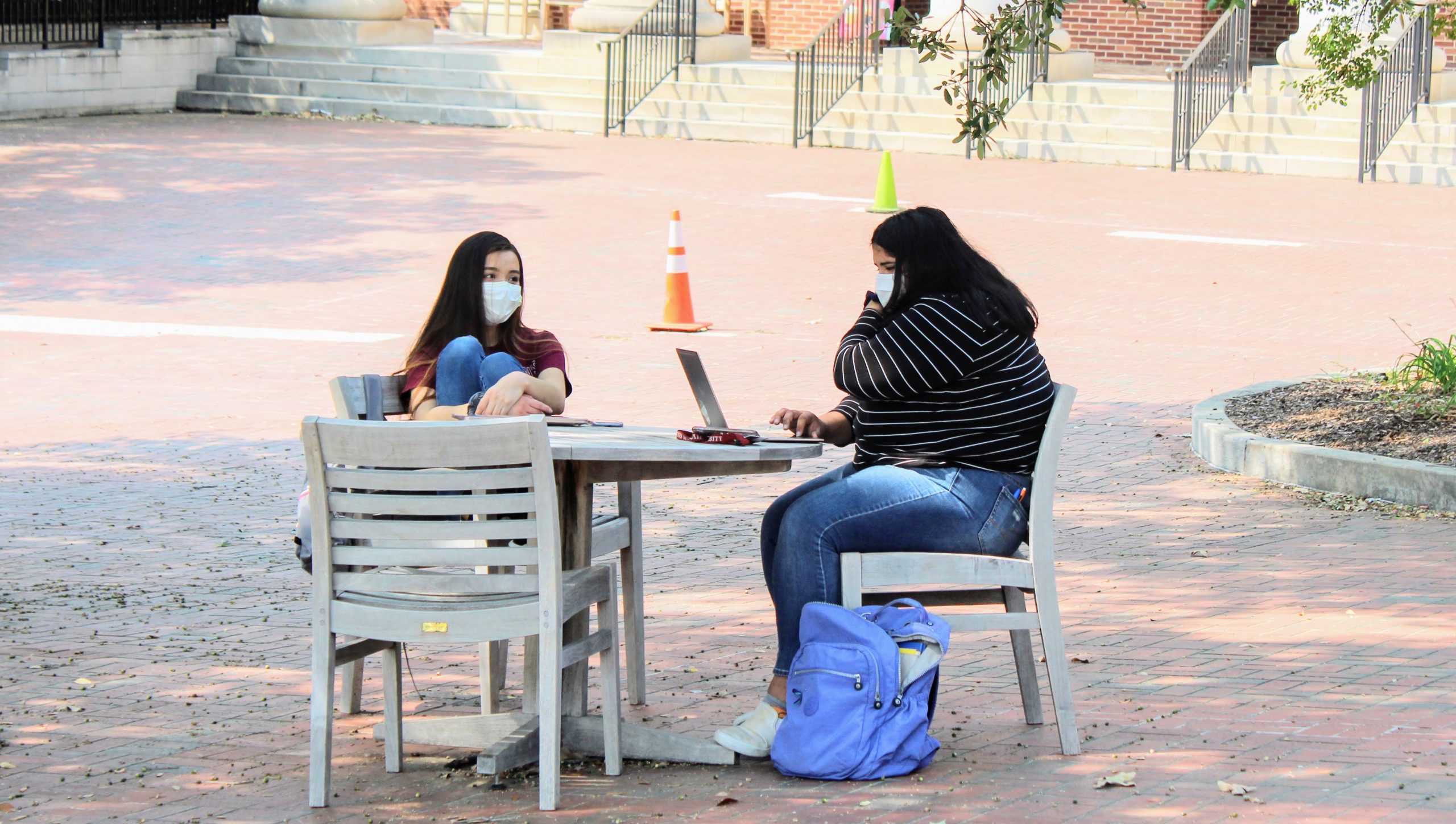
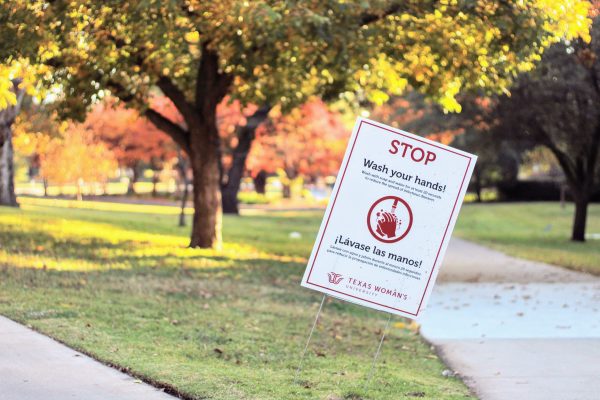
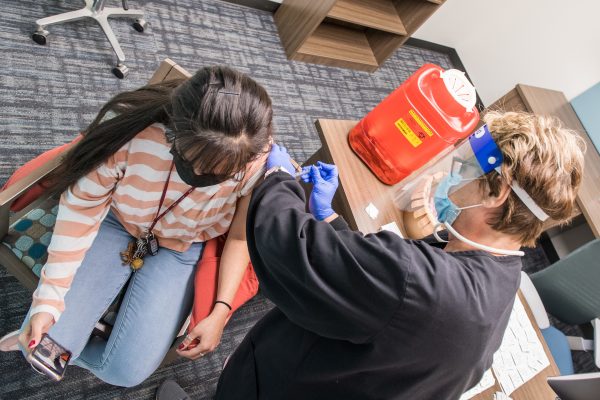

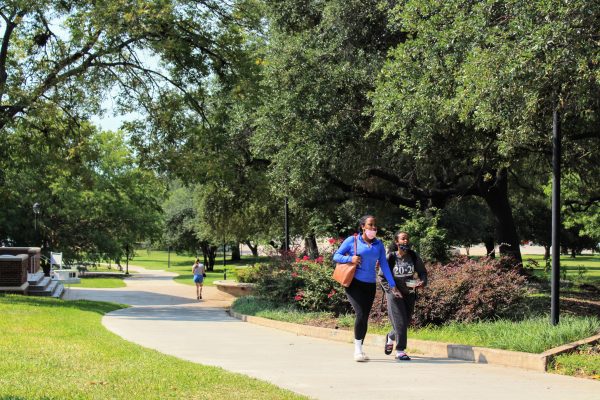





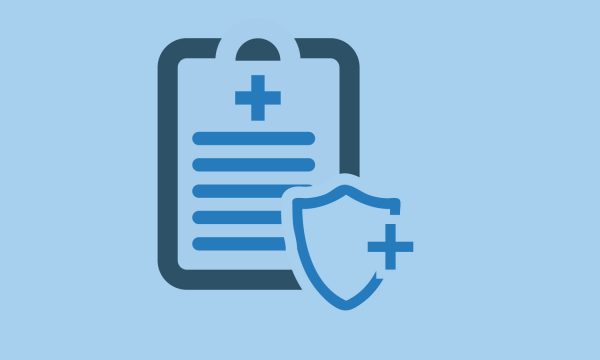
Be First to Comment